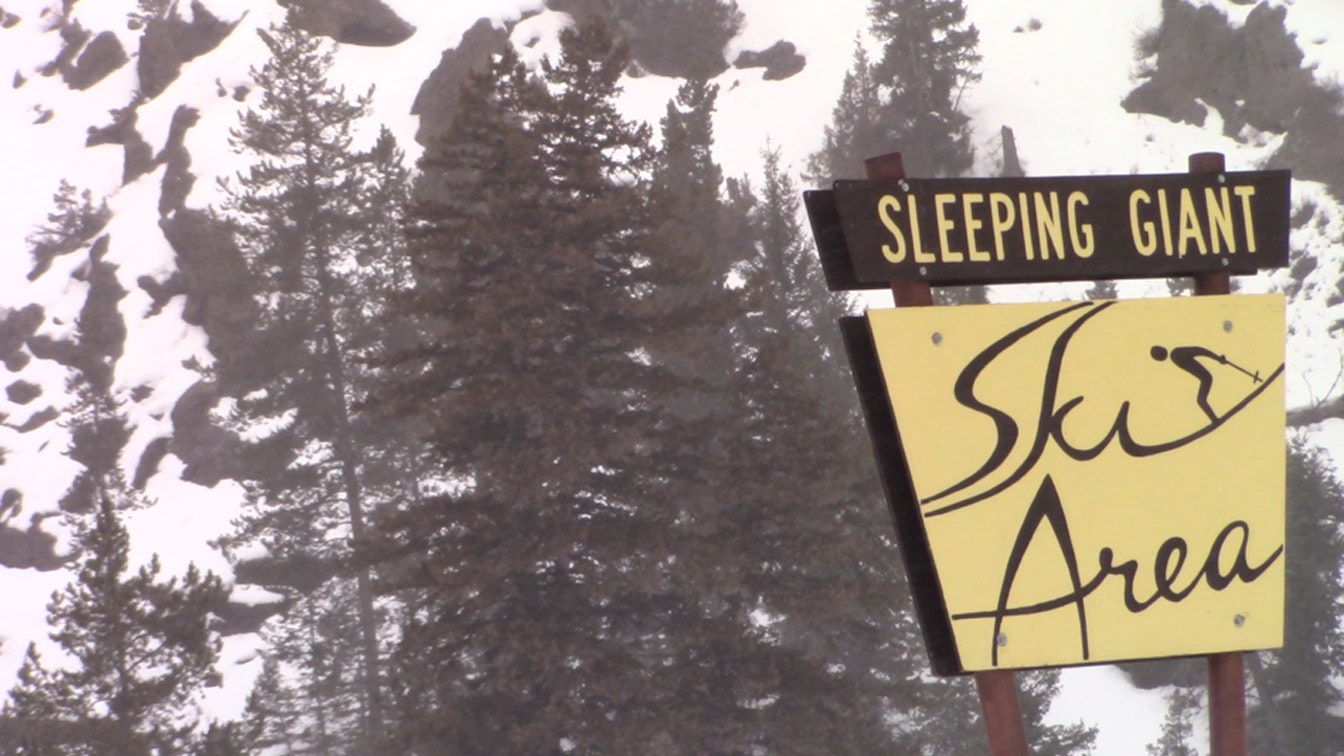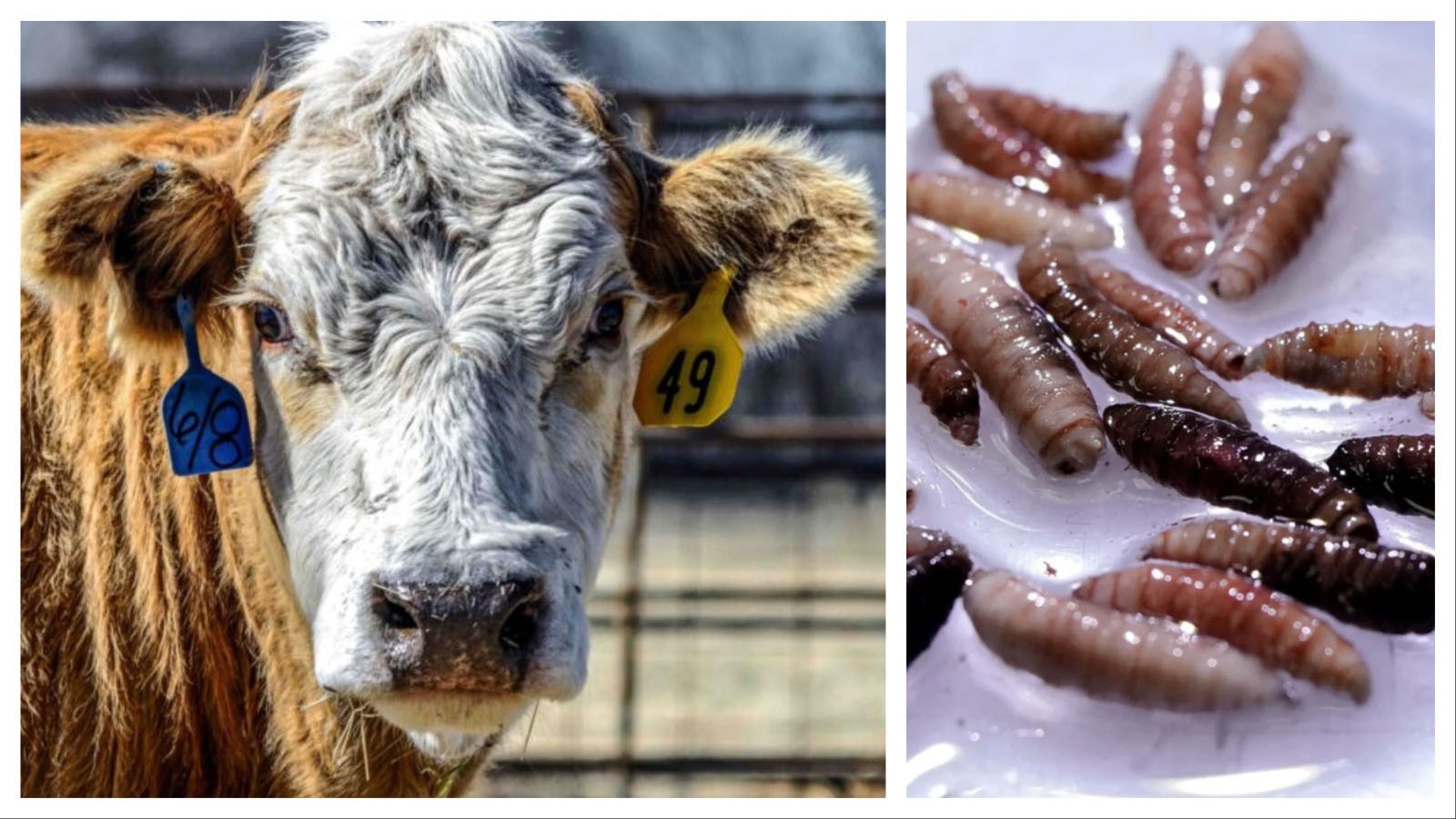Rural America’s population has been in a downward spiral for decades. With that trend comes the loss of businesses, some of them with longtime histories in tight-knit communities.
That’s certainly the case for Big Horn Co-op, which has a 101-year history in several of the small towns that lie across Wyoming’s Bighorn Basin, and has just announced it’s closing several of its farm stores.
The closures, according to a Wednesday announcement from the cooperative, will include the Basin Farm Store, Buffalo Farm Store, Greybull Farm Store, Powell Farm Store and Worland Farm store. Their last day will be Dec. 31.
Not all of Big Horn Co-op’s locations are closing, however. Stores that are still doing well and will remain open include Riverton Farm Store, Worland C-Store and Powell Tire.
“All of our agronomy departments in Powell, Basin and Riverton are up and running, just normal day-to-day,” Big Horn Co-op VP of Energy Dana Richardson told Cowboy State Daily. “All the energy departments are still suitable and running very well. And we’re still doing the bulk fuels, gas, bulk propane. All of the locations will have 24-hour Cardtrol pumps available.”
Richardson said Big Horn Co-op’s decision was mainly the result of changing shopper habits.
“Everybody does a lot of online shopping,” she said. “And I think everyone’s pocketbooks are a little bit tighter than they used to be. Folks are getting a tank of gas versus going in and getting drinks and buying stuff that’s not a necessity.”
The company is also continuing with its online shopping options, which are open to anyone, anywhere.
“We offer both ship-to-home and ship-to-store, but the only location that now has a ship-to-store option is our Riverton Farm store,” Big Horn Co-Op Director of Marketing Crystal Ozga told Cowboy State Daily.
Changing Shopping Habits
The struggle is real in small towns across America as the retail landscape has been dramatically reshaped by trends like online shopping and inflation, Greybull Mayor Myles Foley told Cowboy State Daily Thursday afternoon. Bringing in and retaining new business is a constant challenge for communities like his.
“Downtown, most of our buildings are full,” he said. “But yeah, we’re still trying to attract businesses, and we’ve had some potentials and then they back out.”
Foley feels that the loss of the individual store won’t have a big impact on the community in the long run, and he’s glad they’re being smart about adjusting to current market realities.
“We do have other hardware stores,” he said. “So, it’s not going to have a huge effect, but I’m still sorry to see that they are closing. For a while, I thought they were starting to be more farm and ranch.
“But I know retail is such a hard, hard thing to do because of the profit margins,” he continued. “To me, it sounds like they’re being smart about downsizing. They’re going to remain with the fuel pumps open and their fertilizer plant, from what I understand. And the seed plant will stay open, at least that’s my understanding.”
Small Towns ‘Disappearing'
The loss of Big Horn Co-op’s farm stores immediately reverberated across several online community forums, including the “If you grew up in Worland Wyoming you remember …” group. Many there lamented the loss of yet another small business from Worland’s once thriving community.
“This is so upsetting,” Gayle Malson wrote. “Our little towns are disappearing.”
“After all of those years in Worland,” wrote Mark Ellison, with a sad face emoji.
“Seems Worland dies a little more each day,” Frankie Osullivan wrote. “This is horrible, absolutely horrible.”
Others mentioned how they remembered shopping at one or another Big Horn Co-op store, once upon a time.
“Sad for Greybull,” Jane Sanderson wrote. “I shopped there all the time.”

Employees At Closed Stores Offered CDL Training
One of Foley’s biggest concerns was what happens to the employees of those stores that are closing, particularly given that it is close to the Christmas holiday.
Richardson said employees at the locations that will be closing have been offered the option of getting their commercial driver’s licenses on Big Horn Co-op’s dime, so they can shift to a new position transporting fuel and fertilizer.
Class A CDLs can cost more than $4,000 each, depending on where the school is. That doesn’t necessarily include additional fees for things like a Department of Transportation physical, written test and the actual license.
Several employees have already taken Big Horn Co-op up on that offer, Richardson said.
“We’re working to get them scheduled into the school as quick as we can,” she said. “It is a sad situation. I lived in Powell and I was the manager there for 10 years.”
Despite that, Richardson added, she does appreciate all of Big Horn Co-op’s many patrons over the years.
“We look forward to continuing to serve the energy and agronomy side of things,” she said. “And just hopefully we can make things better.”
Renée Jean can be reached at renee@cowboystatedaily.com.





